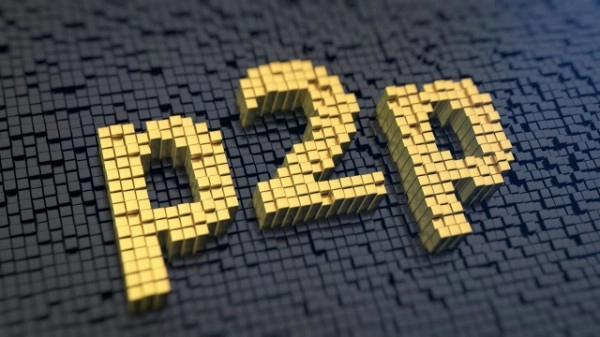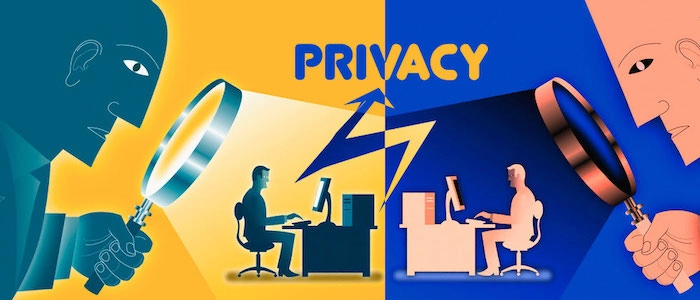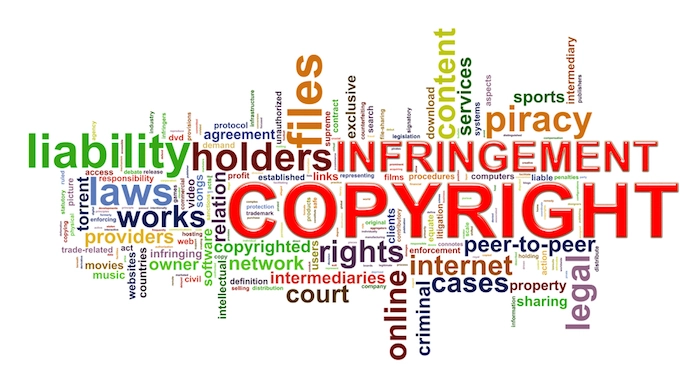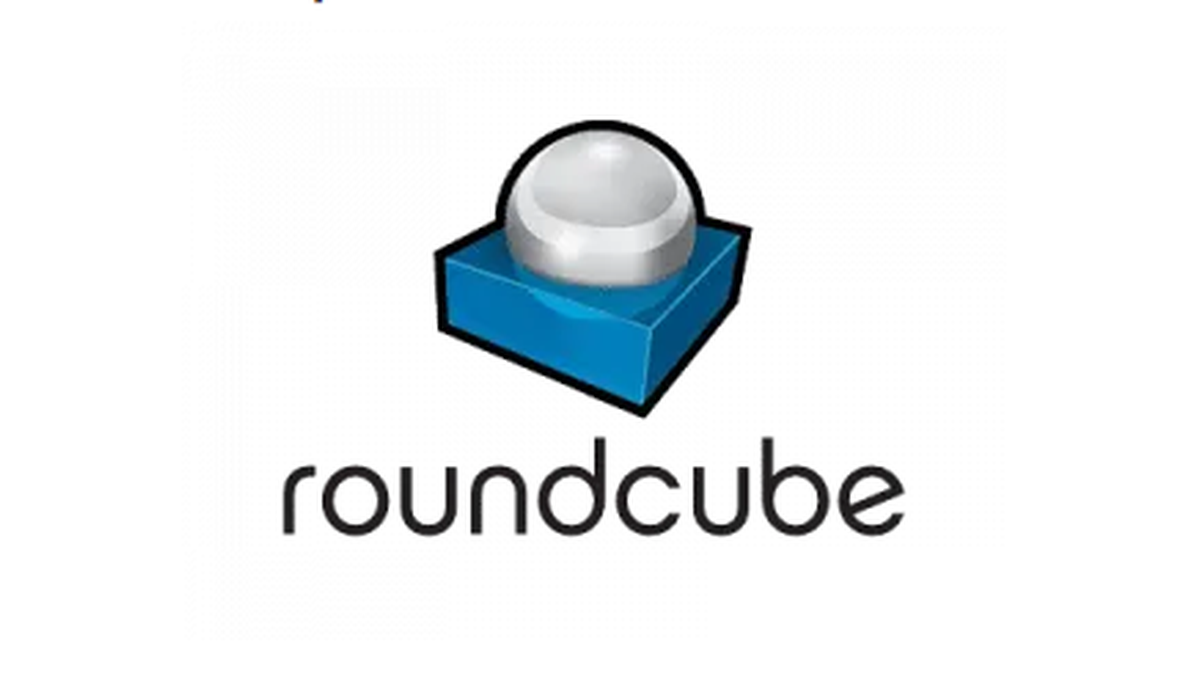The Ultimate Guide To Safe BitTorrent & P2P File Sharing

Almost everyone on the internet today knows about torrents and P2P file sharing. You can find almost anything you wish to download on a torrent website, and you can download the file using a popular torrent client. But in today’s age of online censorship and surveillance, all your internet activity, including your torrent activity is monitored.
The monitoring of torrent activity is problematic since if you are found to be downloading copyrighted material using torrents, you can face legal action.
The BitTorrent mechanism itself isn’t illegal, but using it to download copyrighted content is. To be safe from legal action whenever you download torrents, learn how to use it safely.
What Is BitTorrent Activity And Why It Is Monitored
The P2P downloading system was an upgrade to the traditional file download system, where files were shared between a server and users downloaded the file from it. It caused problems like server overload and failed downloads quite frequently.
P2P divided the download task among the users. This started through Napster and was limited to sharing music with each other.
With BitTorrent, the process became ubiquitous in terms of content. When you download a torrent, you are downloading it from hundreds of users from different parts of the world. The file is broken into many small fragments, and the torrent file is only a map of where each packet is stored.
Once you download a torrent, you connect to all these locations and users, and the download begins. While you download, you also upload files, so that others may download them from you. This makes everything a lot smoother since your downloads finish quickly and content distribution becomes easier.
However, many copyright holders point their fingers towards torrent hosting sites and the protocol itself, since they allow users to access copyrighted content without paying for it. Digital piracy is a case of downloading a copyrighted file and sharing it illegally.

If you just download it, it’s not a crime. However, with the BitTorrent mechanism, you’re also sharing that file with hundreds of other users, which technically makes it an act of digital piracy. This is why many countries ban a number of torrent websites.
Digital piracy, or the desire to prevent it from happening, is what prompts authorities to monitor the torrent activity of users. While we live in an age where everything we do on the internet is monitored by the government and non-government organizations, torrent activity is something that is monitored for a different purpose.
Who Monitors Torrent Activity
There are a few sources that monitor your torrent activity.
Your Internet Service Provider
ISPs monitor your torrent activity so that they can handle your network speed accordingly. When you download a torrent file out in the open, the information is there for everyone watching.
Your ISP is the first source that can see what you do, and it uses this torrent activity to throttle your connection speed.
This is not something ISPs do only in case you download torrents. They are known to throttle your speed if they find you streaming online for any length of time. To ensure that you don’t use a large portion of bandwidth and to ensure a stable network speed for all connected users, ISPs use a technique like throttling to inconvenience you when you download torrents.

Trackers and Monitors
These are organizations that track your torrent activity for the sole purpose of keeping detailed records about the flow of torrents. This information is what runs these organizations since they sell these records to anyone willing to shell out the right amount.
There are estimations that your torrent activity is recorded within a minute of your initiating of the download.
Research Institutions
Last, but not least, we have research institutions and other such companies who monitor the torrent activity of users. They don’t do this with any malicious intent. They only record this information for research purposes.
For example, they might want to draw general data-sharing patterns. While there is no harm in this, it doesn’t change the fact that your torrent activity is recorded. If by any means, it falls into the wrong hands, things could get problematic for you.
Why You Need To Be Careful While Using BitTorrent Or P2P
There are a few reasons why you need to improve the security and privacy of your torrent activity.
Be Anonymous So No One Can Blame You

We understand the importance of torrent websites and clients and understand that you don’t use torrents for the purpose of selling those files for a profit. The efficiency of the BitTorrent mechanism becomes the devil incarnate and ammunition for accusers.
When you download content, you also share it, and that is considered digital piracy.
If it were left to copyright holders, they would try and ban torrents worldwide. To be safe from their curious and sharp eyes, you should keep your torrent activity private. If they don’t know you are downloading torrents, they can’t come at you.
Overcome ISP Throttling
ISP throttling, as highlighted in the section above, is something that happens all over the world. Nobody likes their internet speed being messed with, especially someone who is downloading a file.
If you want to stop your ISP from doing this, you should hide your torrent activity from them. If your ISP doesn’t know you are downloading torrents, it cannot hamper your network speed.
Protection Against Virus And Malware
A lot of torrent websites and clients are full of ads. A lot of these ads can be malicious in nature. Clicking on them can install malware on your system.
With new types of malware like ransomware, attackers can cause a lot of problems for you. Even the torrent file you download could be infected with malware. Torrent websites aren’t something only you know about.
Malicious users know about them as well, and they are even fonder of them than you. There is no protection on torrent websites, and you can’t always know which files are safe.
But watching out for .exe and .bat files, checking out user comments to see if someone else had an issue with the file, or having a good antivirus in your system can help you prevent malware from getting to your system.
How To Make BitTorrent Activity Safe And Private
Now that you know almost everything about BitTorrent and P2P, it is time you learned how to improve your torrent security and privacy.
Use Legal Torrents
Using torrent clients and downloading torrents is not illegal. However, downloading copyrighted material is. But that doesn’t mean that everything you download from torrent websites is illegal or copyrighted.
There are a lot of legal torrents which you can download without any legal trouble in the future. Legal torrents are torrents whose copyrights have expired and/or are public domain. No one will bother you when you download these files.
There are a number of torrent websites that mostly provide legal torrents. You can do a quick web search to find them.
Use A Good VPN
VPNs’ popularity has grown by leaps and bounds in recent years because the common internet user today knows that using a VPN is his best bet for using the internet freely and anonymously.
When it comes to torrents, VPNs are a huge help. This is because VPNs encrypt your traffic, hiding your online activity from everyone.
Even your ISP will only see that you are connected to a VPN server. All other information is your business alone. Well, yours and your VPNs, which is why it is important you choose a no-logs VPN.
VPNs will hide your online activity and your IP address. So there is no way for anyone to know who you are and what you are doing. Those in the torrent pool won’t know your identity. This means that anyone wishing to spy on you will be unable to monitor your torrent activity.
The best VPNs like PIA hide you from everyone, themselves included. When you use PIA, no data or connection logs are kept.
Not all VPNs provide P2P support, but Private Internet Access is one of them. With high-speed connections, strong AES 256-bit protection, and a no-logs policy, your torrent activity will be completely private.
Use Torrent Client’s Encryption
Torrent clients have built-in encryption as well. This helps you encrypt your torrent traffic and hide your torrent activity from other users in the pool. Simply go to the Settings of your torrent client and look for the encryption. You can toggle it to ‘Enabled’ or ‘Forced’ from ‘Disabled’ in the case of uTorrent.
We would recommend toggling to Forced since that ensures encryption at all times.
While this method can help you hide your torrent activity as well, we recommend you use a VPN. This is because:
- Your torrent downloads are encrypted only if the other peers have encryption enabled as well. Otherwise, either the torrent will download without encryption, or it won’t download at all
- Since Forced encryption is dependent on the other user also has enabled encryption, it greatly reduces your peer availability. It reduces it by almost 95%. The more peers you are connected to, the quicker your file downloads
- The built-in encrypted provides 64-bit encryption, while the VPN encryption provides 256-bit encryption, which is about 2^192 times stronger
- When you only use built-in encryption and not VPN encryption, only your torrent activity is encrypted. This means that anyone looking at your connection will know you searched for the torrent on a particular torrent website and downloaded that torrent. Your identity is kept a secret from other users in the pool, but everything else about your online activity is there to be seen by anyone
Use A Good Antivirus

Antivirus software are the basic line of defense you have in your system against all kinds of threats. The number of attack vectors for malicious users is constantly increasing, and using torrents has been a common tactic for many years.
Using a good antivirus can help you secure your system from malicious torrents. A good antivirus is regularly updated with information about the latest threats and how to counter them. You should scan your system every week or so to make sure that it stays clean.
Conclusion On P2P And BitTorrent Download
The BitTorrent mechanism is a great way of file sharing since it improves efficiency and speed. However, it can also be interpreted as a means to promote digital piracy.
While the BitTorrent mechanism and downloading torrents are 100% legal, doing so for copyrighted material is not. Wherever you go, someone is trying to monitor your torrent activity.
The onus is on you to secure your torrent activity and make it private. Using a VPN like PIA, which allows P2P and provides strong encryption and high-speed connections, is the recommended way to go about things.
Read our disclosure page to find out how can you help VPNCentral sustain the editorial team Read more






User forum
0 messages